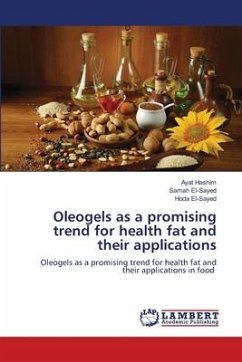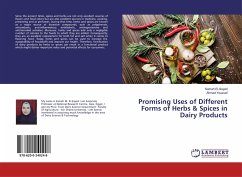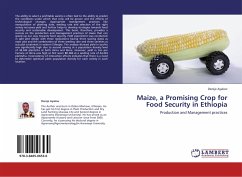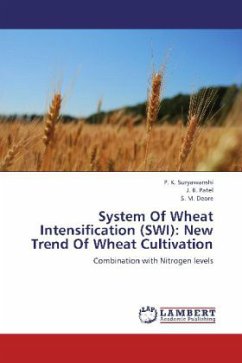Researchers are looking for healthy substitutes since consumers are becoming more aware of the harmful health impacts of trans-fats and saturated fats. Oleogelation is a method for structuring liquid oil that has attracted a lot of attention. Highly unsaturated oils can be structured by various gelation methods by various structuring agents during the production of oleogels (e.g., polymeric or low molecular weight oleogelators). Oleogels have been introduced into a variety of products (meat, spread, and confectionary) as an alternative to conventional solid fats due to their potential to reduce saturated fat in food products while also providing a solid texture without altering the oil's chemical composition and nutritional values. Oleogels' drawbacks, such as their softer texture and lower flexibility compared to conventional solid fat, cannot be overlooked, nevertheless. By selecting an appropriate oleogelator or oil phase, one can produce a product with desired functionality because the physical-chemical characteristics and functionalities of oleogels are largely reliant on their composition and structuring mechanism.
Bitte wählen Sie Ihr Anliegen aus.
Rechnungen
Retourenschein anfordern
Bestellstatus
Storno








